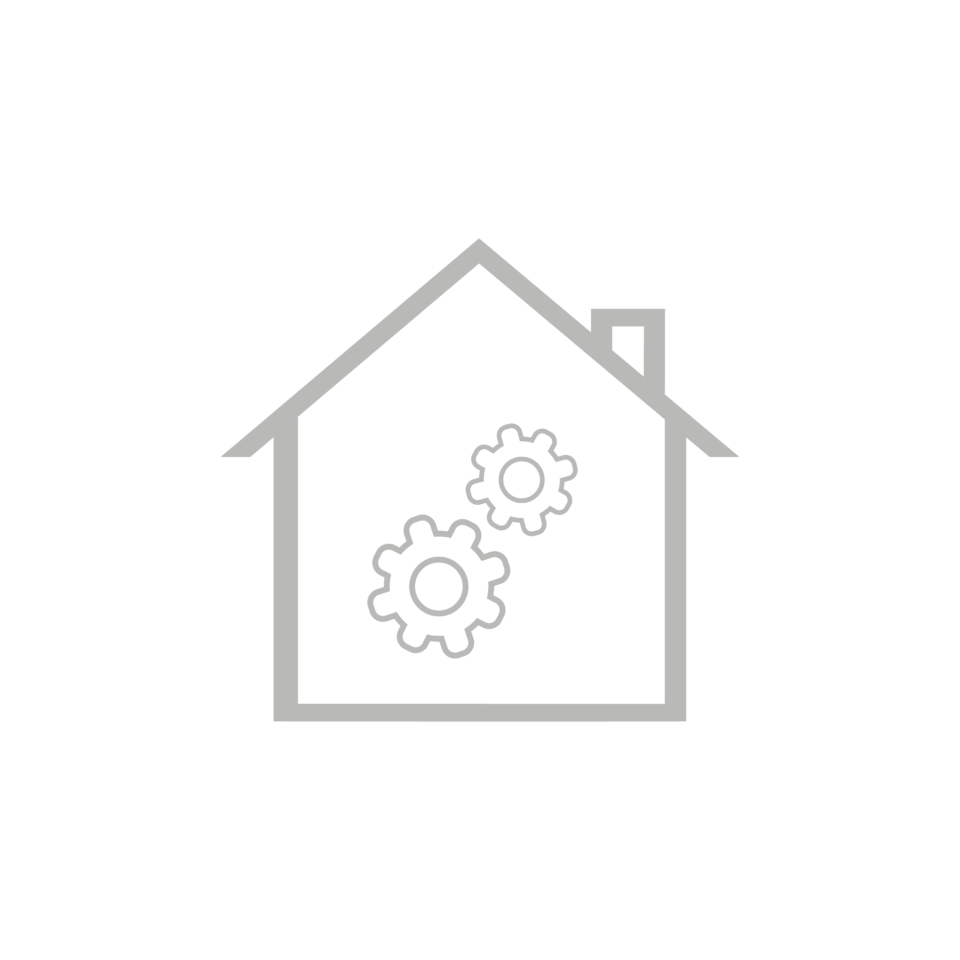How is the rental income taxed?
What tax rates apply to your situation depends on whether you rent out your own home or an investment property. For many landlords, renting out a property is new and they do not know how to deal with the tax authorities. Tax on your rental income is a little different compared to tax on your normale income. Renting out a property to expats obviously has tax consequences for you as a landlord and that is why we explain it here.
Renting out your own home:
In your tax return, you must declare the notional rental value for the entire owner-occupied home. In addition, you have to report 70% of the rental income you receive. You may deduct the costs you have incurred from your rental income. Then it must concern costs that are directly related to the rental of the home such as usage of gas, water and electricity by your tenant or cleaning, washing and advertising to offer your own home for rent.
Renting out an investment property
A second home is a house that you own, but in which you do not live. For example a holiday home or investment property.
For your second home you will pay tax as in box 3 for normal income. You pay tax on your assets according to the rules that apply to them. If you rent out your second home, you do not have to report the rental income to the tax authorities. The condition is that you, as a landlord, cannot perform active work for this second apartment. It is more interesting as a lessor to work with a rental agency so that you will be in box 3 in terms of tax. If you rent out a property, you are not entitled for interest deduction.
We can conclude that the tax on your rental income depends on your income and that it is best to talk with a rental agency. Our advice therefore is to talk to a tax specialist or accountant who has experience in renting out houses. A lot of information can also be found on the website of the tax authorities.
Take a look on the website of the Dutch tax authorities for more information.
Related posts

What are the different taxes while renting out and who is paying them?
14 February 2019
When you are renting out your property, you will have to deal with certain taxes. These…

Maintenance, who fixes what?
06 December 2018
What does maintenance actually consist of and who has to pay for it? These questions will…

Do I have to furnish my property?
16 October 2018
At Loftly our focus is on furnished homes. Furnished letting makes the house more attractive for…

How are tenants screened?
16 October 2018
In the real estate world it is sometimes said: ‘Rather not rented out at all, then…

What are the most important facilities in an apartment?
16 October 2018
For renting out your apartment it is ideal to have as many facilities as possible. This…

How does the rent increase work in the private rented sector?
08 October 2018
Do you have a home with a liberalized rental contract (also called private rental sector)? Then…

What is sustainable renting?
19 April 2018
Energy-efficient renting has its advantages. Not only for the tenant, but also for the landlord. A…

How does the rental process work at Loftly?
09 April 2018
First of all, our rental agent starts with ‘recording’ the house through an introductory meeting. This…